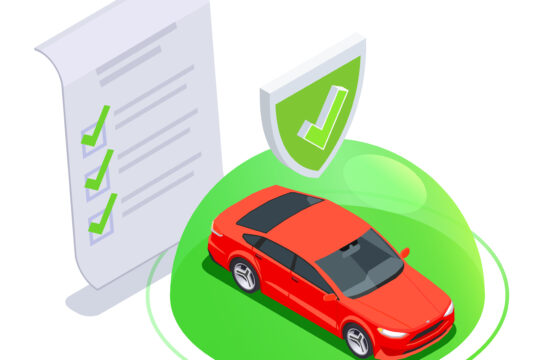Table of Contents
Start Smart: A Confident Guide to Buying Your Next Car
Purchasing a new car is a major milestone—and with the right preparation, it can be a rewarding and stress-free experience. Understanding your budget, researching your options, and knowing how to navigate the buying process are key to avoiding common pitfalls and making a confident decision. Learn more about how to prepare for your next car purchase and make the best choice for you. Whether you’re buying your first car or upgrading your current ride, taking a proactive approach ensures that each step—from budgeting to test driving—reflects your needs and lifestyle. By exploring trusted dealership resources and arming yourself with knowledge, you’ll be in the driver’s seat every step of the way.
Set a Realistic Budget
Start by establishing a firm and realistic budget. Assess not only what you can afford for the upfront cost of the car, but also recurring costs like insurance, maintenance, gas, taxes, and registration fees. Auto ownership expenses add up quickly if you don’t plan for them in advance. It’s helpful to use online budget calculators or consult with financial advisors to set a maximum purchase limit before entering a showroom. This preparation keeps you from being tempted by models that exceed your means and provides a sense of control throughout the buying process.
Research Car Models and Features
The automotive market is abundant with options, so dedicate time to detailed research. Consider your needs—commute, family, safety, technology integration, and fuel efficiency. Review independent publications such as Consumer Reports and manufacturer websites for vehicle reliability ratings and owner reviews. Resources like these will help you understand the strengths and weaknesses of various models, narrow your shortlist, and make a selection you’ll be happy with long-term.
Explore Financing Options
Approach dealerships with a clear understanding of available financing choices. Investigate loan options through banks, credit unions, or online lenders—preferably securing pre-approval before visiting any dealerships. Pre-approval allows you to negotiate with confidence and sets clear expectations for your price range. It’s always wise to compare interest rates, loan terms, and conditions to secure the most cost-effective deal. Financial transparency is a crucial safeguard, helping you avoid last-minute surprises or hidden fees.

Test Drive Multiple Vehicles
Once you have a shortlist of models, schedule test drives for each. Comparing them back-to-back lets you evaluate driving dynamics, comfort, cabin noise, seat ergonomics, visibility, and ease of use for driving features. Don’t decide on a car without seeing how it handles in real-life conditions, both on the highway and in city traffic. According to Edmunds, a thorough test drive is one of the most effective ways to make sure a vehicle matches your needs and expectations.
Negotiate Wisely
Negotiation is an expected and accepted part of car buying. Be prepared by researching your preferred model’s fair market value through resources like Kelley Blue Book. Use this data to negotiate the price assertively, and don’t hesitate to question unnecessary add-ons. Let the seller know you’re considering other offers if you aren’t satisfied, and be prepared to walk away if you don’t receive favorable terms. Remember, the price, trade-in value, and even extras like extended warranties are all open to discussion.
Consider the Timing of Your Purchase
The date you choose to purchase your vehicle can significantly impact the deal you receive. Timing your visit toward the end of the month, quarter, or year may work to your advantage, as dealerships are motivated to meet quotas and clear current-year inventory for new models. Additionally, take note of holiday sales events when incentives or rebates are often available, offering added value to your purchase.
Review All Paperwork Thoroughly
Before you finalize the transaction, review all paperwork line by line. Pay close attention to the sale contract, warranty documentation, financing agreements, and any additional costs or products. If anything is unclear, don’t hesitate to ask questions or request clarification—it’s your right as a consumer to fully understand what you’re agreeing to. Taking your time at this stage is one of the best ways to avoid future misunderstandings or unwanted financial surprises.
Final Thoughts
Going into car buying well-informed is the best way to ensure a rewarding outcome. By budgeting carefully, researching thoroughly, and negotiating assertively, you can turn a potentially stressful purchase into a smooth and empowering experience. Don’t rush the process—take your time, use available resources, and make every decision with your long-term satisfaction in mind.




